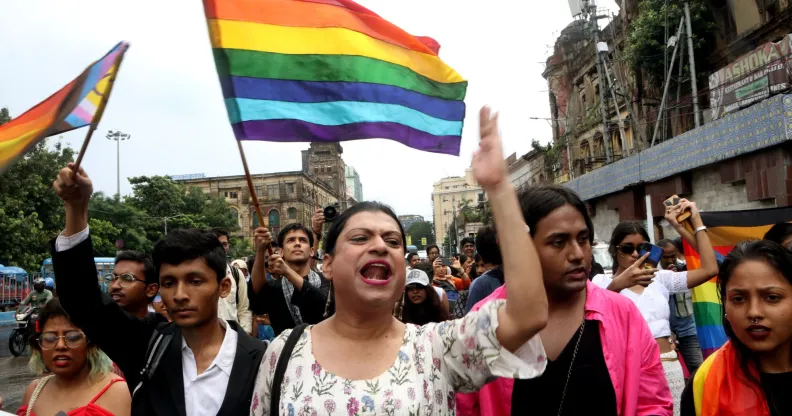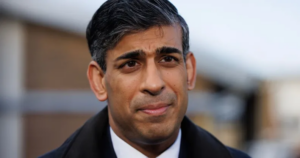
The recent arrest of a group of trans women in India has ignited a wave of criticism and concern within the LGBTQ+ community and among human rights activists. At least 19 trans women were apprehended in the city of Hyderabad on charges of extortion and begging, leading to accusations of mistreatment and forced confessions.
Deputy Police Commissioner Chandana Deepti explained that the arrests were related to an alleged extortion racket, with the arrested individuals accused of posing as transgender to extort money from people. However, Deepti's comments and the circumstances surrounding the arrests have raised serious questions.
LGBTQ+ activists, including trans woman and activist Simran, have alleged that the arrested individuals were subjected to harassment, insults, and abuse by the police. Simran claimed that they were forced to change into men's clothing and pressured into confessing.
The controversy surrounding the arrests has prompted a backlash from India's transgender community, which has long faced marginalization and discrimination. Many activists argue that the incident highlights the lack of understanding and sensitivity training among police officers in the country.
One particularly concerning statement from Deputy Police Commissioner Deepti was her mention of a “medical examination” to determine whether the arrested individuals were truly transgender. She inaccurately defined trans people as having “biological deformities” and a “tendency of dressing up like women.” This comment has been widely criticized by activists who stress the need for accurate and respectful terminology.
Meera Sanghamitra, a trans rights activist, pointed out the officer's conflation of trans individuals with intersex individuals, emphasizing that these are distinct categories. She explained that while some trans people may be intersex, not all intersex individuals are transgender, and vice versa. She clarified that many trans individuals retain their birth-assigned sexual organs, and this should not diminish their identity.
The incident shines a light on the challenges faced by the LGBTQ+ community in India, despite improving public perception in recent years. India is ranked 42nd out of 197 countries in terms of LGBTQ+ rights, according to the LGBTQ+ rights index Equaldex. While progress has been made, LGBTQ+ individuals still encounter social and legal restrictions in their daily lives.
The arrests in Hyderabad serve as a reminder of the ongoing struggle for equality and understanding faced by the transgender community in India and the need for greater awareness and sensitivity among law enforcement agencies. The incident has sparked a larger conversation about the rights and dignity of transgender individuals and the importance of respecting their identities and experiences.
Author























